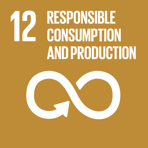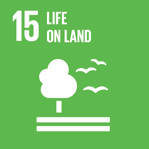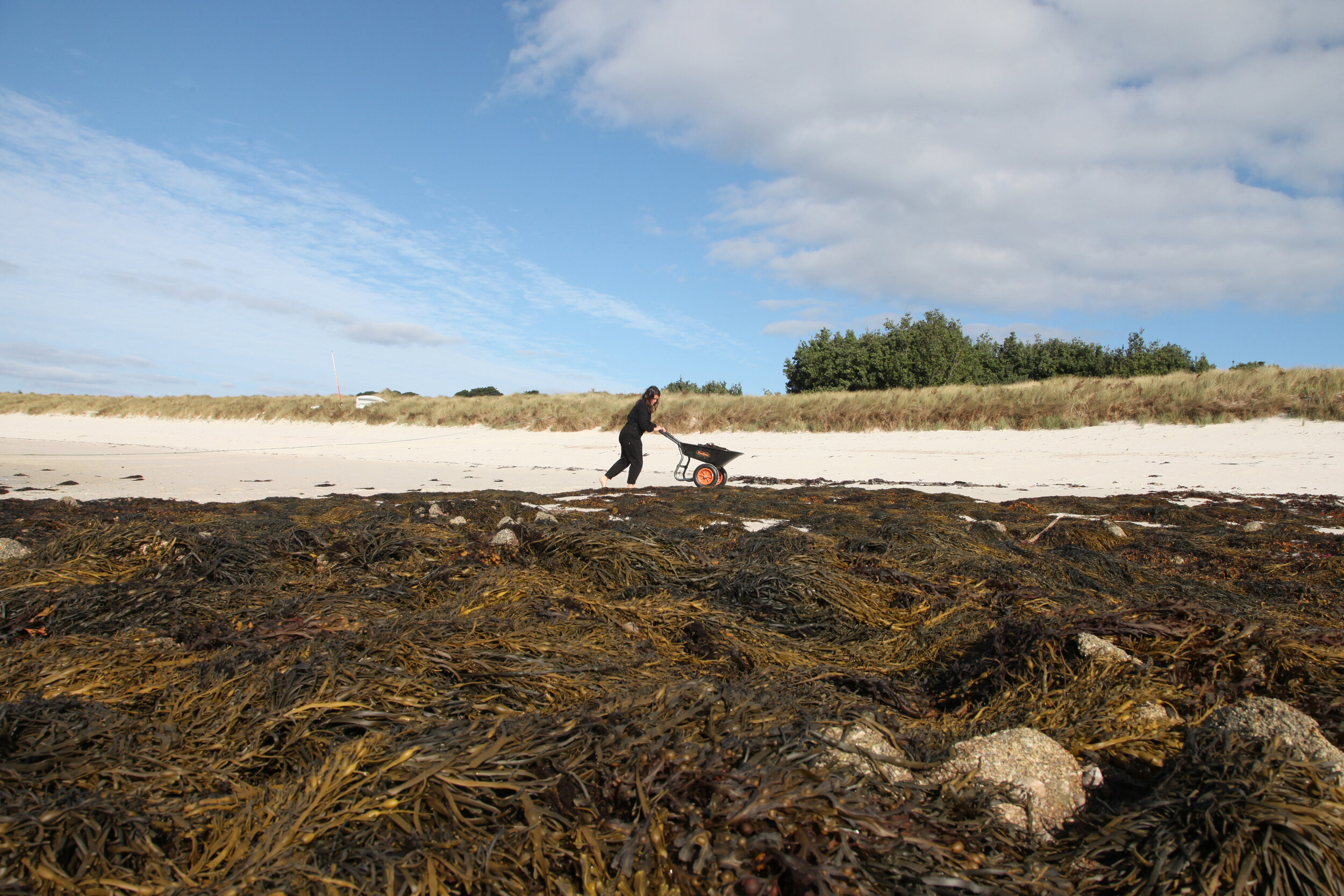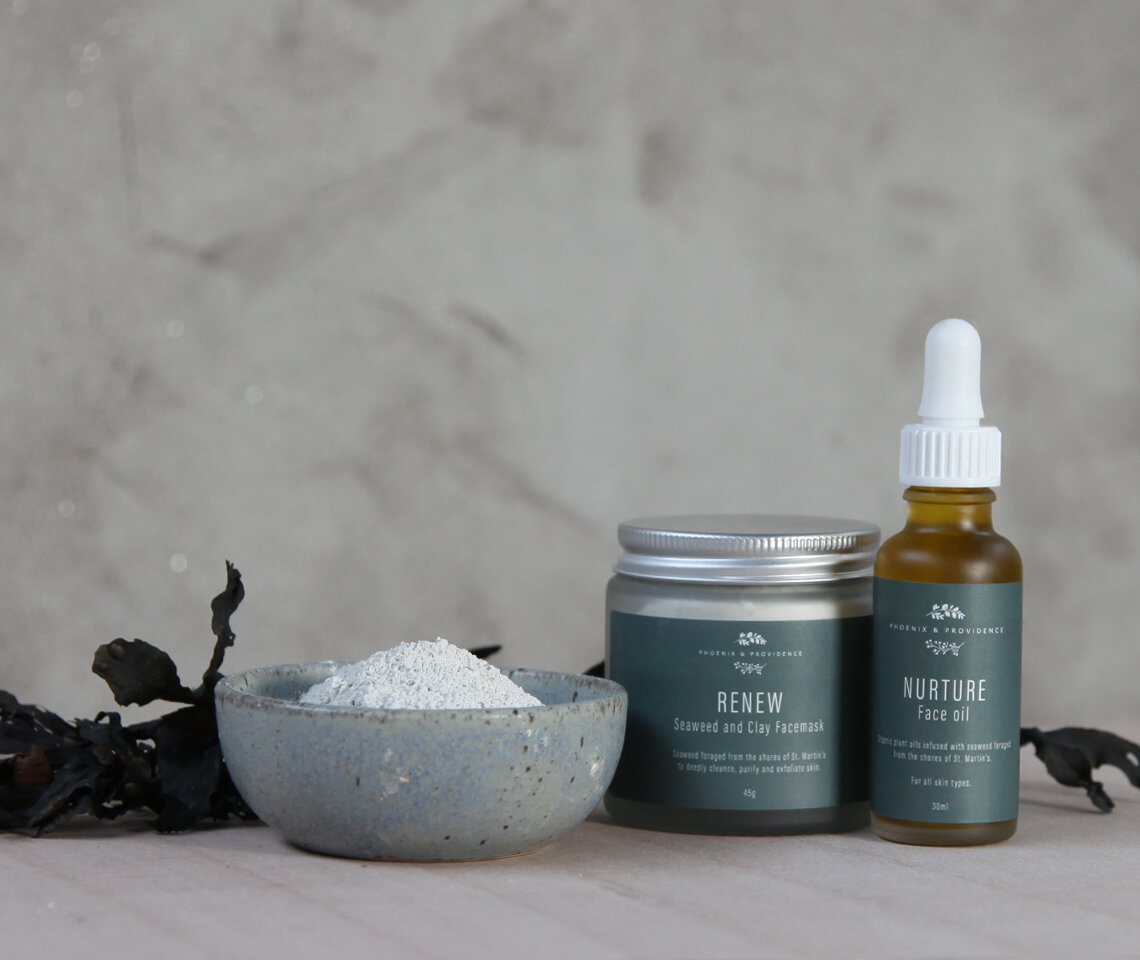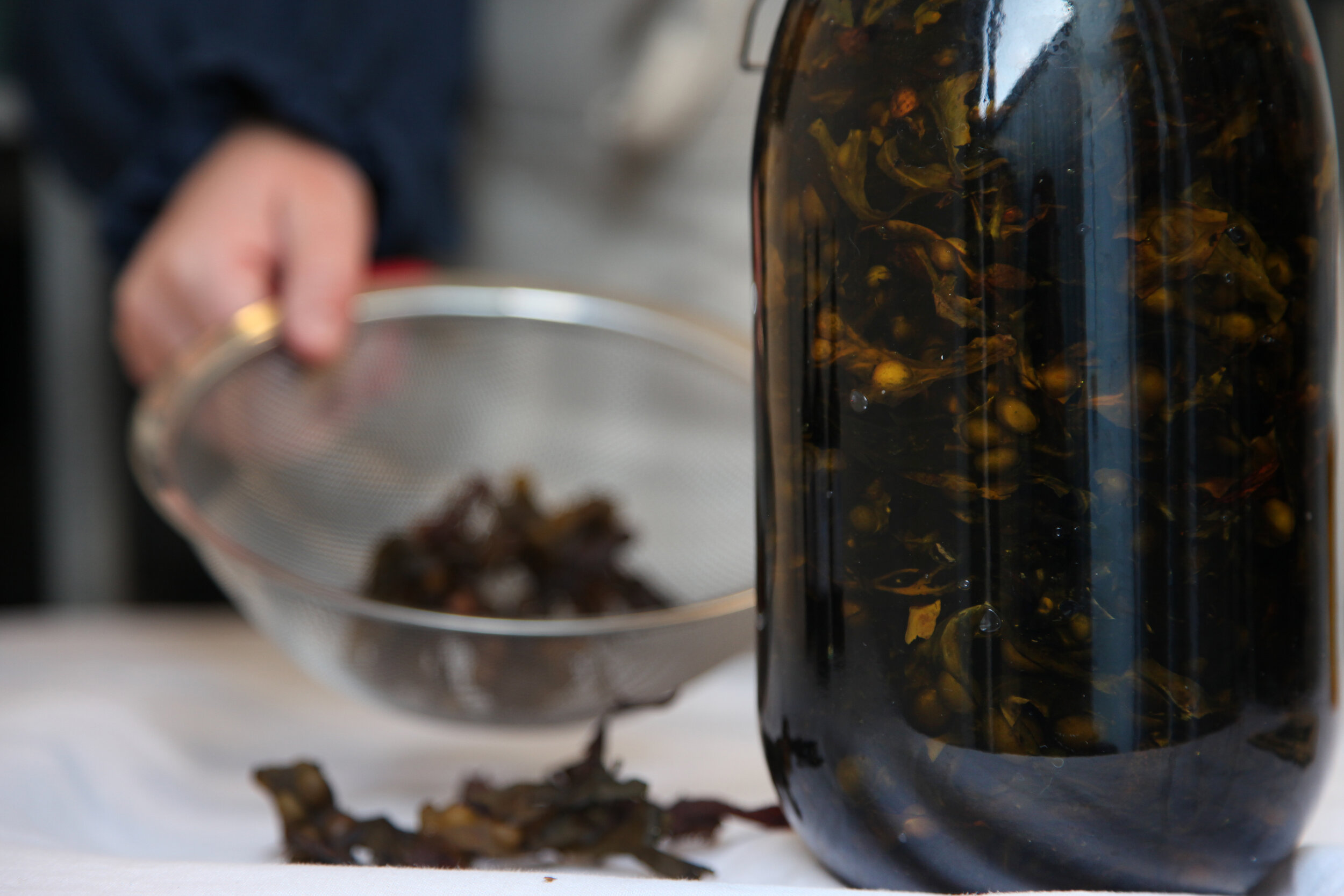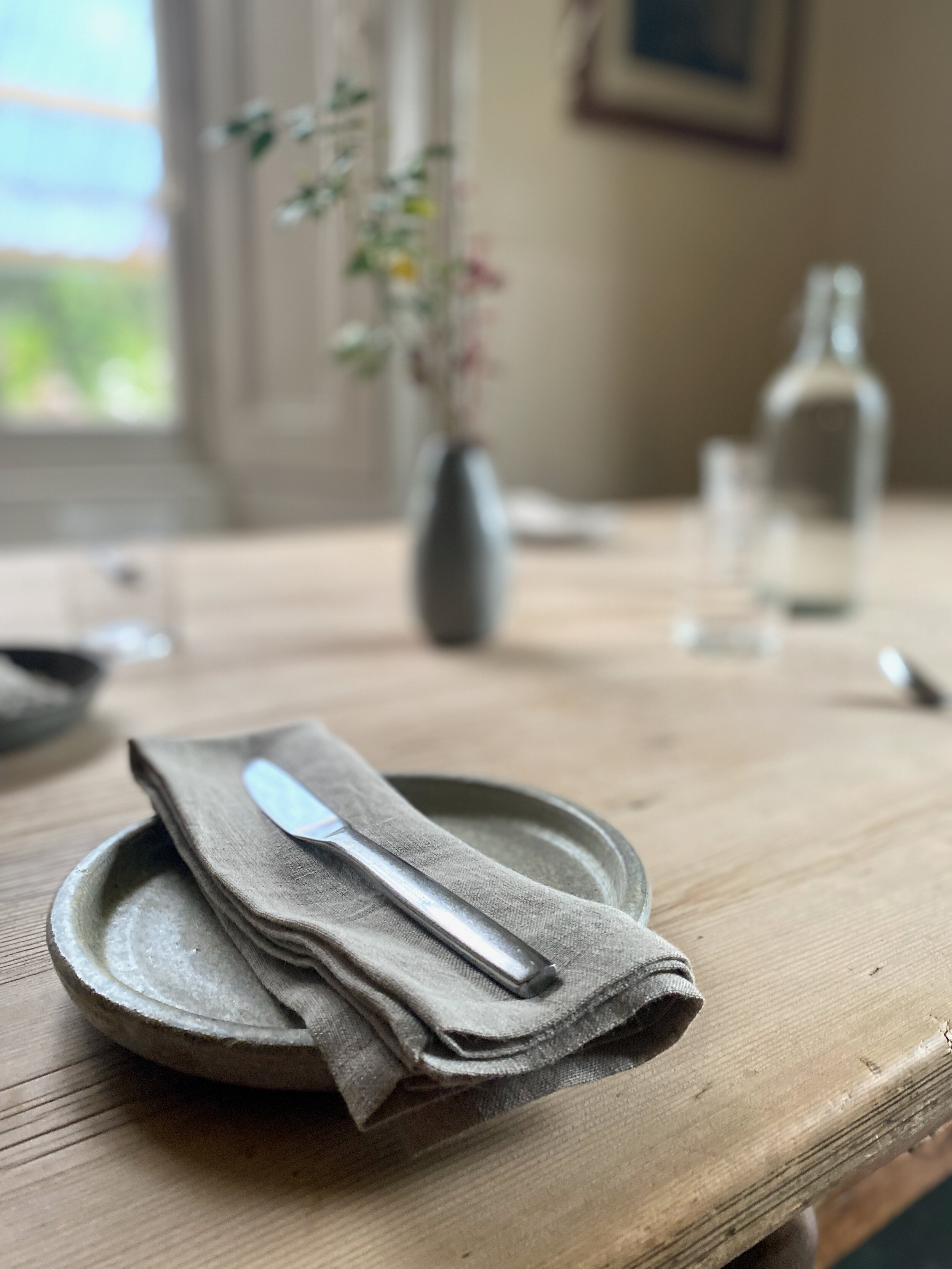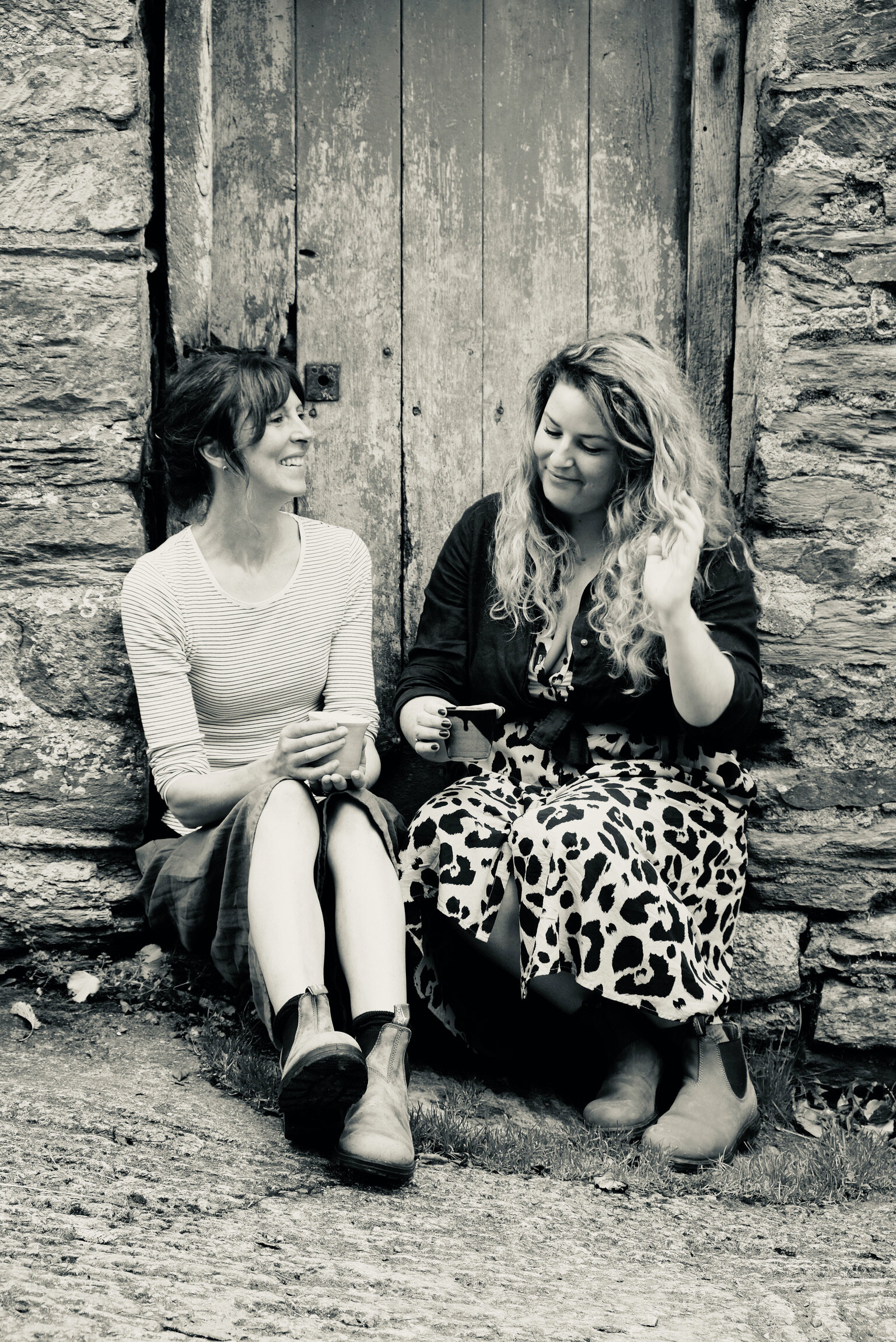Breakfast & Beyond - Episode 8:
Alice in Scandiland
For Episode 8 I welcome Alice Collyer to the breakfast table as we discuss the remarkable evolution of her business Alice in Scandiland. Six years ago, while parenting two young children, Alice began updating and re-styling her home on a budget, to make it work better as a family space. Alice’s enjoyment of DIY and hunting out vintage treasures led to the creation of the Alice in Scandiland blog, which in turn progressed into an award-winning brand that now includes shops both online, and in the market town of Lostwithiel.
Alice in Scandiland is founded on principles of sustainability: sharing tips and inspiration for recycling and repurposing what you already have or can source affordably (which includes Alice’s ongoing renovation of her modest family home in Cornwall), and when buying homewares, seeking out long-lasting products made with natural materials that have a story to tell and connect you with their maker. Alice describes her interior design style as:
“Contemporary, Scandinavian-inspired, with a vintage element .. it’s a homage to a style, an appreciation of a way of life where nature, longevity and quality
are really embraced and are the norm”
For me, Alice’s business is the antithesis of ‘greenwashing’ - where there’s a lot of talk of environmental credentials but little action to back it up. Instead, during our conversation Alice discusses why she feels cautious about locating her work within the ‘sustainability’ space, and we also cover everything from setting up a business with no formal training to the positives and perils of social media, parenting feral children and much more …
Do join us for Episode 8 of Breakfast & Beyond… listen via Apple Podcasts, Spotify, Stitcher & Tune-In
Breakfast: recipes, producers & growers …
Pumpkin Porridge (see recipe)
Fresh fruit from Botelet gardens & hedgerows: blackberries, raspberries, figs
Yoghurt & butter from Trewithen Dairy
Croissants & seeded loaf from Bellamama Deli
Milk from Green Cow Dairy
Cheese from Cornish Jack
Tamar Valley honey, sourced via Green Cow Dairy
Home-made Blackberry Jam
Freda’s peanut butter, sourced via Colwith Farm Shop
Elderflower Jelly made by Gathered Botanicals
Coffee by Rising Ground
Tea by Tregothnan
Sustainable living issue: interior design & homewares
The way in which we curate our home spaces has environmental and social impacts, and it is perhaps a topic that’s less often discussed than for example the sustainability of our energy use and clothing. Yet, in a society in which many of us are lucky enough to have disposable income, we buy - and throw away - vast quantities of homewares each year as we update our home interiors. How often do we consider the life-cycle of the materials we are purchasing (and disposing of) in terms of their environmental footprint, or the impacts for the people who have made them? And could we reduce our individual and collective footprint by buying less, and when we do purchase homewares, consider the quality, longevity and provenance of what we buy? Below is a snapshot of some basic information highlighting the issue from a sustainability perspective:
There has been a significant increase in the sale of homewares in the UK in recent years, partly influenced by more of us staying at home and renovating during C-19 lockdowns. “The homeware market in the UK has expanded substantially in the last decade, going from 10.8 billion to 13.6 billion British pounds by 2019” (Statista)
“According to Mintel, furniture sales hit a record high of £17.2 billion in the UK [during 2020, with] over 75% of this figure being those decorative knick-knacks we tend to simply throw away” (Thred) many of which are not recyclabled or are made from plastics and are not biodegradable
‘Fast homewares’ has been described as “the unsustainable shopping habit we didn’t realise we were doing” (The Tab)
Our taste for ‘fast homewares’ is exemplified with the statistic that IKEA uses 1% of the world’s commercially produced wood (The Pacific)
“A survey by the British Heart Foundation in 2019 found that just under a third of people (30%) have thrown away furniture, electrical items and homewares in good enough condition that they could have been reused, sold or donated” (Refinery29)
“Across the UK nearly 22 million small items of furniture […] and over 28 million toys are thrown away each year when they become damaged” (North London Waste Authority)
“In the UK it is estimated that five million tonnes of plastic is used every year, nearly half of which is packaging” (Commons Library)
Buildings and construction account for nearly 40% of energy-related carbon dioxide (CO2) emissions whilst also having a significant impact on our natural habitats (www.interiordesigndeclares.co.uk)
Words to action: what can we do to make a difference?
Alice’s tips:
Buy less; the most sustainable item is the one we already have.
Consider re-purposing or re-styling homewares to give them a new lease of life.
Try not to follow trends which quickly date the item you are buying.
Seek out second-hand and vintage items from charity shops, car boot sales or online; in so doing, you reduce the amount of new products being bought, and this can often be a more affordable option.
Look for products that are well-made and therefore long-lasting. This reduces waste from damaged items, reduces the need to update and buy more, and helps us to value what we buy.
Try to source products made from natural materials (such as wood and bamboo) which are biodegradable, instead of plastic which takes hundreds of years to decompose.
Where possible, try to source products from independent shops; you can get to know the values and ethos of the brand more easily, and are directly supporting family businesses, the makers whose products they stock, and the network of people involved in supply chains.
Seek out brands that use recyclable / compostable packaging.
Find ways to connect your home with nature.
Look for sustainable certification on homeware products, such as the FSC-certification for wood-based products; whether a business is a B Corporation, which is a rigorous certification programme that considers a company’s approach to people and planet, as well as profit; or for a company’s sustainability policy.
Pass on unwanted items to charity shops, or sell via car boot sales or online. If an item isn’t able to be used again, ensure any parts that can be recycled are.
If a company isn’t meeting the sustainability standards that you would hope for (for example, using plastic packaging), contact them and let them know that you as a consumer care about these issues, along with the changes you would like to see.
Get involved with campaigns (such as the Campaign for Wool - which is a natural fibre used in interiors as well as fashion) and contact your MP setting out your concerns, and actions you would like to see happen.
Remember: small individual steps do, collectively, make a difference. Do what you can, and talk about the issue of sustainable homewares and interiors with those around you. We are all influencers within our own social networks!
Sustainable Development Goals
The UN’s Sustainable Development Goals (SDGs) are 17 targets representing a universal call to action to end poverty, protect the planet and ensure that all people enjoy peace and prosperity by 2030. ‘Everyone is needed to reach these ambitious targets. The creativity, knowhow, technology and financial resources from all of society is necessary to achieve the SDGs in every context’ (UNDP). Translating these global objectives to tease out their relevance at the individual and small-organisational scale can inspire us to connect with these important global themes and consider what we are doing - and what more we can do - to make a contribution that supports our own work and wellbeing along with benefiting other people and the planet.
In Episode 8 our discussion referenced the following Sustainable Development Goals:
8 - Decent Work and Economic Growth - Alice has created an economically sustainable business that supports not only her own family and those she employs, but the makers whose products she stocks (many of which are independent), and her shop helps to attract people to the town of Lostwithiel which in turn helps to generate more income for other local shopkeepers.
12 - Responsible Consumption & Production - Alice inspires responsible purchasing by stocking homewares made from natural materials that are made to last. Alice also shares tips for repurposing and up-cycling vintage items via her blog, helping to up-skill people to reuse what they have or repurpose what they’ve found, instead of buying new.
14 - Life Below Water & 15 - Life On Land - By choosing not to stock or promote plastic or disposable homewares but instead offering alternative options through up-cycling ideas or selling well-made products that are created using natural materials, Alice’s business makes a contribution to reducing the amount of waste created through homewares and interior styling, which impacts both life on land and below water.
Episode 8 Supporter
Ella Mclachlan, founder of Phoenix & Providence
Episode8 is brought to you with the kind support of organic skincare company Phoenix & Providence. Based on the Isles of Scilly just off the coast of Cornwall, Ella Mclachlan’s range is inspired by her love of sea swimming, created using kelp which she harvests from the beautiful beaches at low tide, then infuses in organic, cold pressed oils for a full lunar cycle.
Ella says, “For me, sea swimming has been a way to find some time for myself as a busy mother of two, to reconnect with nature, to create some headspace and come home to my heart. It’s where Phoenix & Providence began, with a desire to bottle the post sea swim skin glow.”
Seaweed is packed with vitamins K, B, A, and E, that help improve skin tone, texture, and elasticity. High in Vitamin C, these natural antioxidants promote collagen production which help plump skin and smooth fine lines. Seaweed is also replete with humectants, which help skin hydrate and retain moisture.
Ella is offering a 10% discount on all of her products - which include face and body oils, face masks, soaps, body balms, bath salts and more - for listeners of Breakfast & Beyond, simply add the code BREAKFAST10 as you check out at www.phoenixandprovidence.co.uk.
You can also receive a free Seasonal Self Care Rituals guide when you sign up to the Phoenix & Providence mailing list - simply scroll down to the bottom of the page. You can also find Phoenix & Providence on Instagram.
Thank you very much to Ella of Phoenix & Providence!
Podcast recording: behind the scenes …
Thank you for listening!
Thank you for listening to Breakfast & Beyond: Conversations from Cornwall on Sustainable Living. If you enjoyed listening I’d love it if you could subscribe to the podcast, rate it, and share episodes with friends and family who would enjoy them. You can listen and subscribe via Apple Podcasts, Spotify, Tune-In or wherever you find your podcasts.
I’d love to know your thoughts - please join the conversation and get in touch by email tia@botelet.com or instagram. Thank you and I look forward to sharing the the next episode with you!
The Breakfast & Beyond podcast is hosted at our home Botelet Farm in South East Cornwall, where my husband’s family have lived and farmed for over 150 years, and three generations still share the farmhouse today. Set in a peaceful valley upstream of Fowey, we welcome visitors to stay in historic cottages, and there’s a yurt for those who love to immerse themselves in nature.





